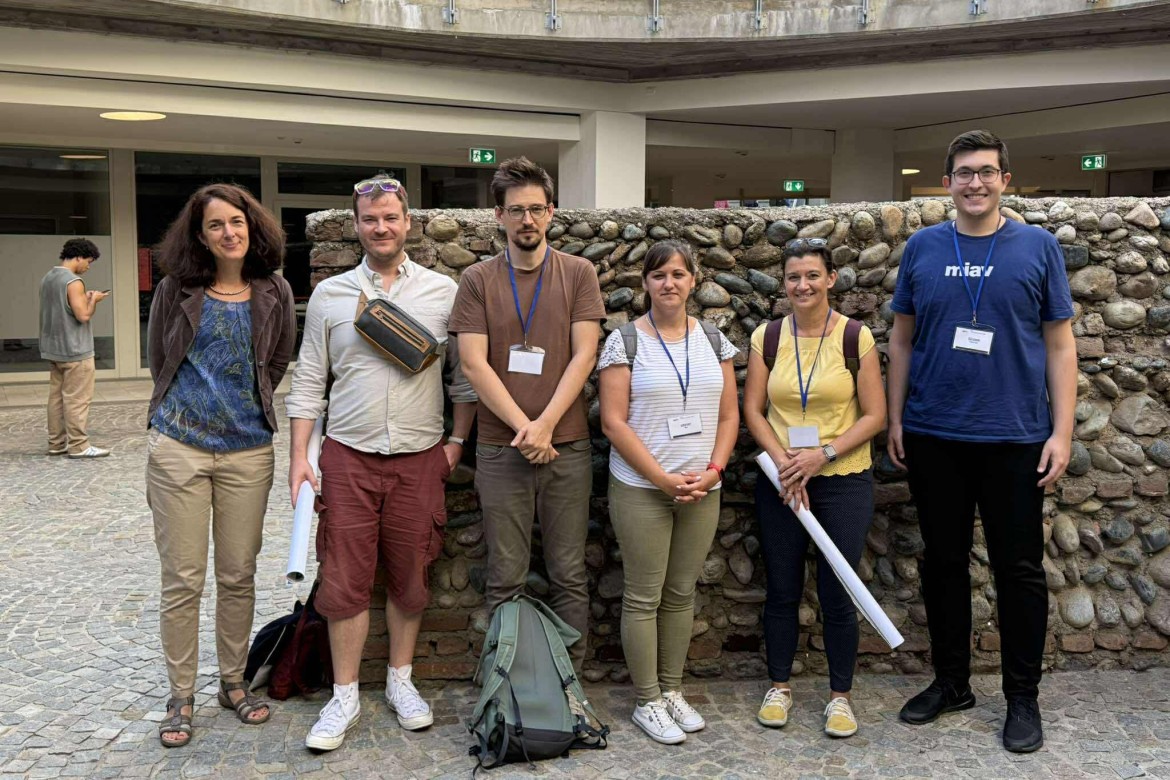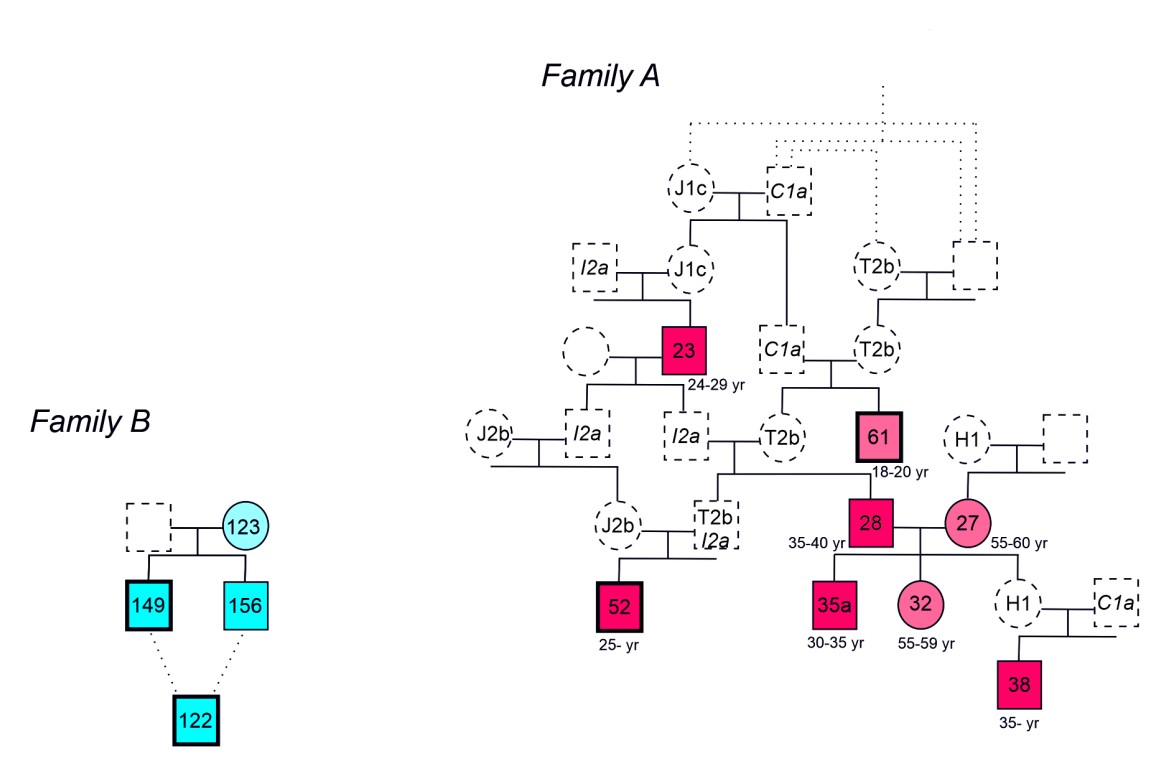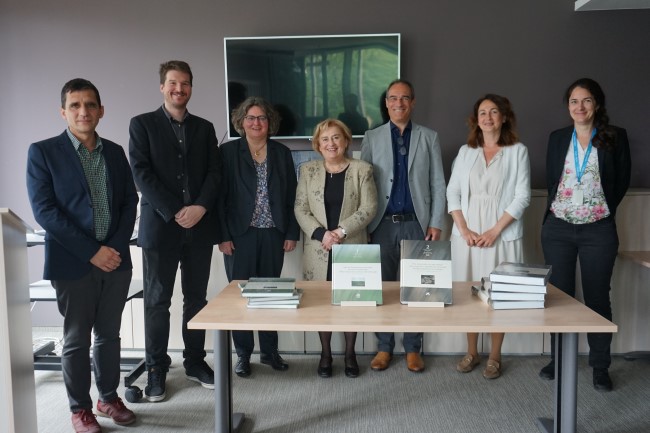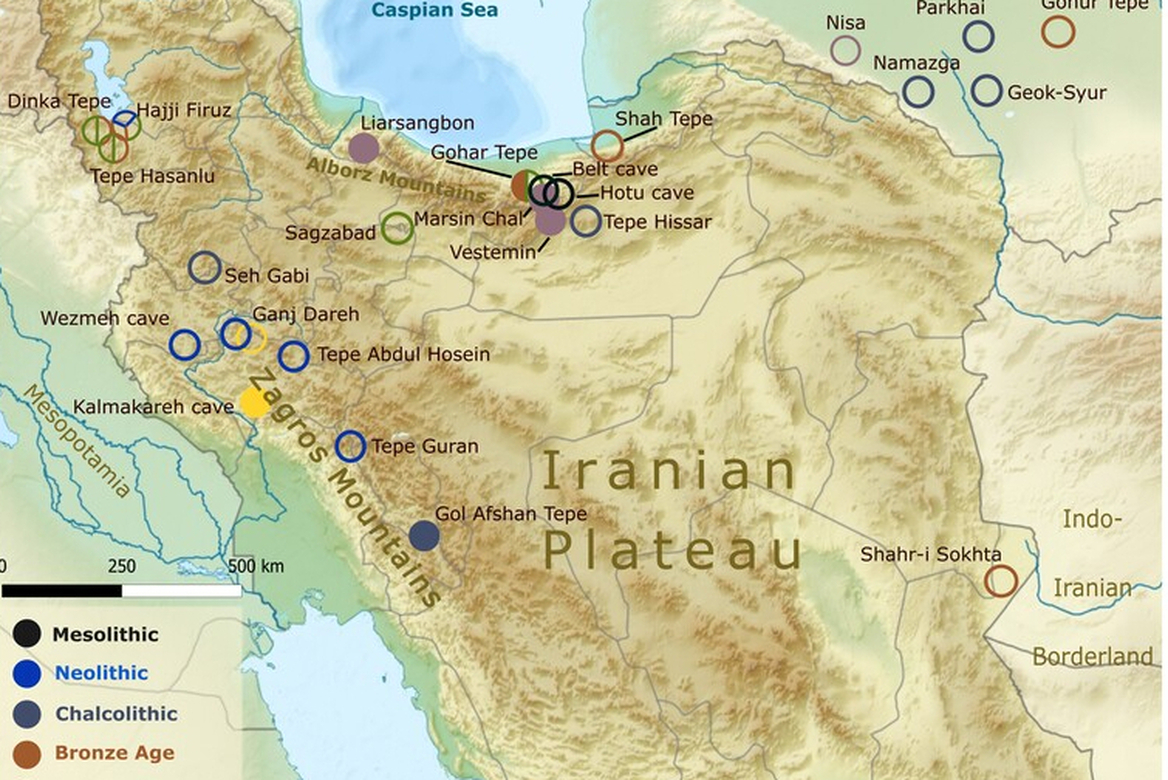ELTE Research Centre for the Humanities | 1097 Budapest, Tóth Kálmán utca 4. | HU15854939

Our colleagues at the 11th ISBA conference in Torino
- Details
- Category: News
The 11th International Symposium on Biomolecular Archaeology, organised by the International Society for Biomolecular Archaeology (ISBA), was held in Torino, Italy, between 26–29 August 2025. This year, more than 570 researchers attended the biennial international conference. The results of ongoing research at the Institue of Archaeogenomics were presented by six of our colleagues through oral and poster presentations.

Uncovering the organisation and transformation of prehistoric communities with the toolkit of genetics – New results from an international study on the Late Neolithic and Copper Age have been published in Nature Communications
- Details
- Category: News
Under the leadership of Anna Szécsényi-Nagy (HUN-REN Institute of Archaeogenomics) and Zsuzsanna Siklósi (MTA-ELTE “Lendület” Innovation Research Group), we have published a new archaeogenetic study on the populations of the Great Hungarian Plain in the Neolithic and Copper Age.

The second volume of Confinia et Horizontes, published in January 2025, includes a summary of Anna Szécsényi-Nagy’s doctoral dissertation
- Details
- Category: News
On May 13, 2025, in the framework of a joint book launch at the HUN-REN RCH Institute of Archaeology in Budapest, the first two volumes of the international monograph series Confinia et Horizontes, edited by Eszter Bánffy and Alexander Gramsch, were presented.

Millennia of biological continuity in Persian Plateau human populations despite drastic political events and external contacts – A new international collaborative study from our Institute
- Details
- Category: News
A new study from our institute provides a significant step towards elucidating the genetic narrative of the Persian Plateau during the prehistoric and historic periods.
More Articles …
Page 3 of 15


